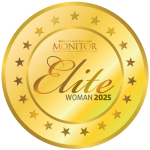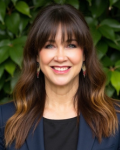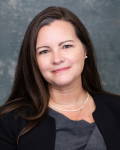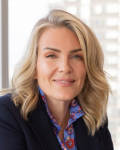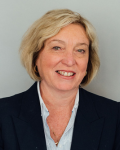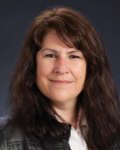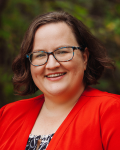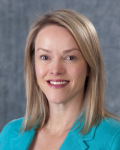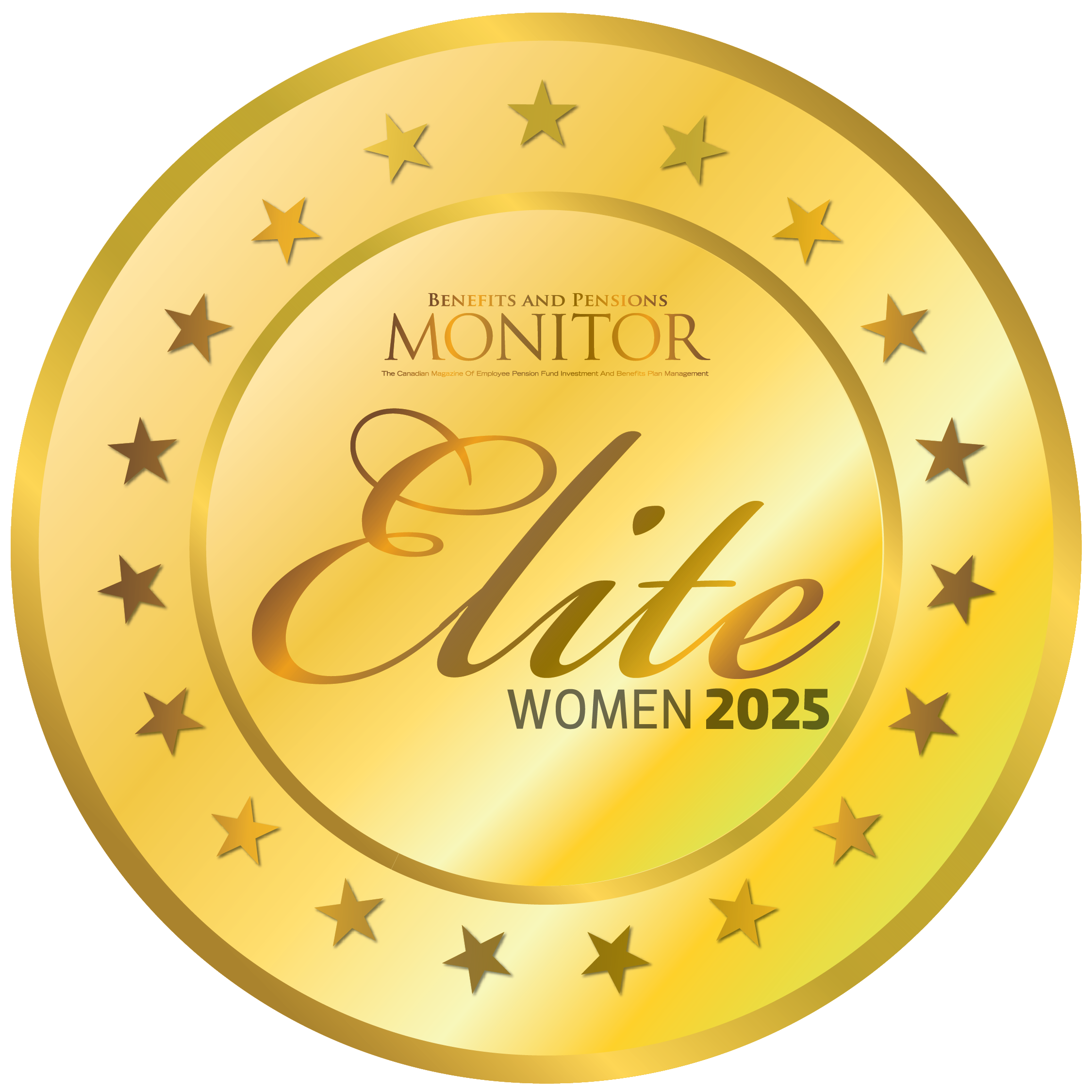
Women Leaders in the Benefits, Pensions, and
Institutional Investment Industries | Elite Women
Jump to winners | Jump to methodology
Legacy creators
In the second annual Elite Women list, Benefits and Pensions Monitor celebrates 43 exceptional women leaders in the benefits, pensions, and institutional investment space.
After a rigorous review of the nominees’ achievements and industry impact, the BPM team has recognized the 2025 women leaders for driving innovation and inclusion, ushering in a new era of equitable leadership and transformative change.
The March 2024 Barely Breaking Ground report from the Business Data Lab at the Canadian Chamber of Commerce highlights the advancements made by women in corporate Canada and the areas where continued efforts are needed to achieve full equality. Canada’s share of women managers, at 35.6 percent, is behind nearly half of all OECD countries.
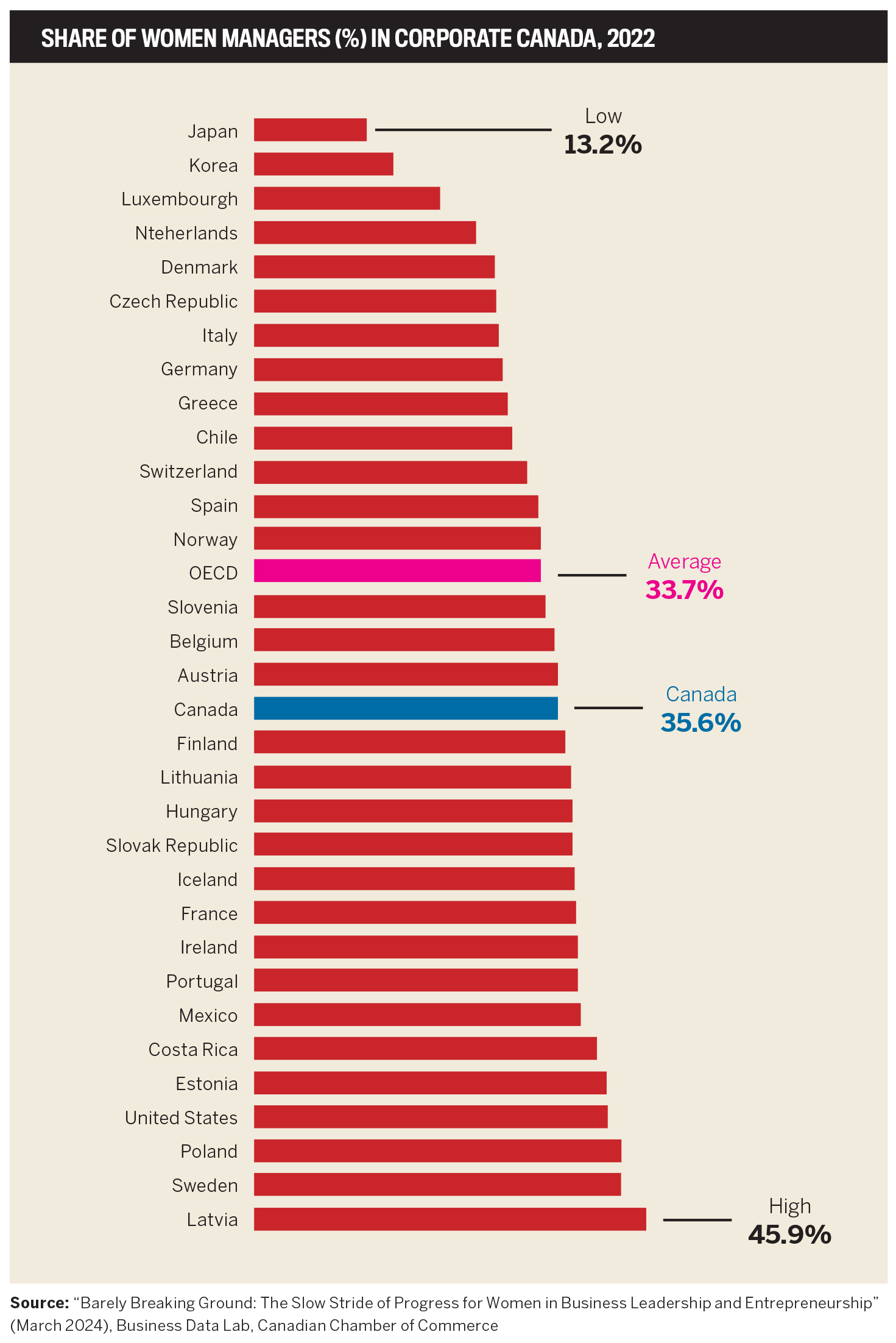
The report’s analysis revealed that women in Canada have yet to reach parity in employment, especially in management positions.
“[They] face not one glass ceiling but several; not one broken rung in the promotion ladder but many, all of which hinder their ascent to full equality,” the report states. The report found:
- While women have made substantial gains in overall employment, rising to 48 percent in 2023, they fare much worse in management occupations, accounting for only 35 percent of such jobs.
- Within management jobs, the largest representation gains for women have been in specialized middle management, up 14 percentage points (ppts) from 34 percent in 1987.
- Women in senior management have also seen slow progress, remaining 20 ppts behind equality.
- Boardroom representation is also lagging, with the share of women on boards showing little progress. As of 2020, only 21 percent of directors and 24 percent of top officers (chairpersons or presidents) were women.
If current trends continue at their present pace, Canadian women won’t reach equal representation until 2129, with the map below showcasing the target year in each province.
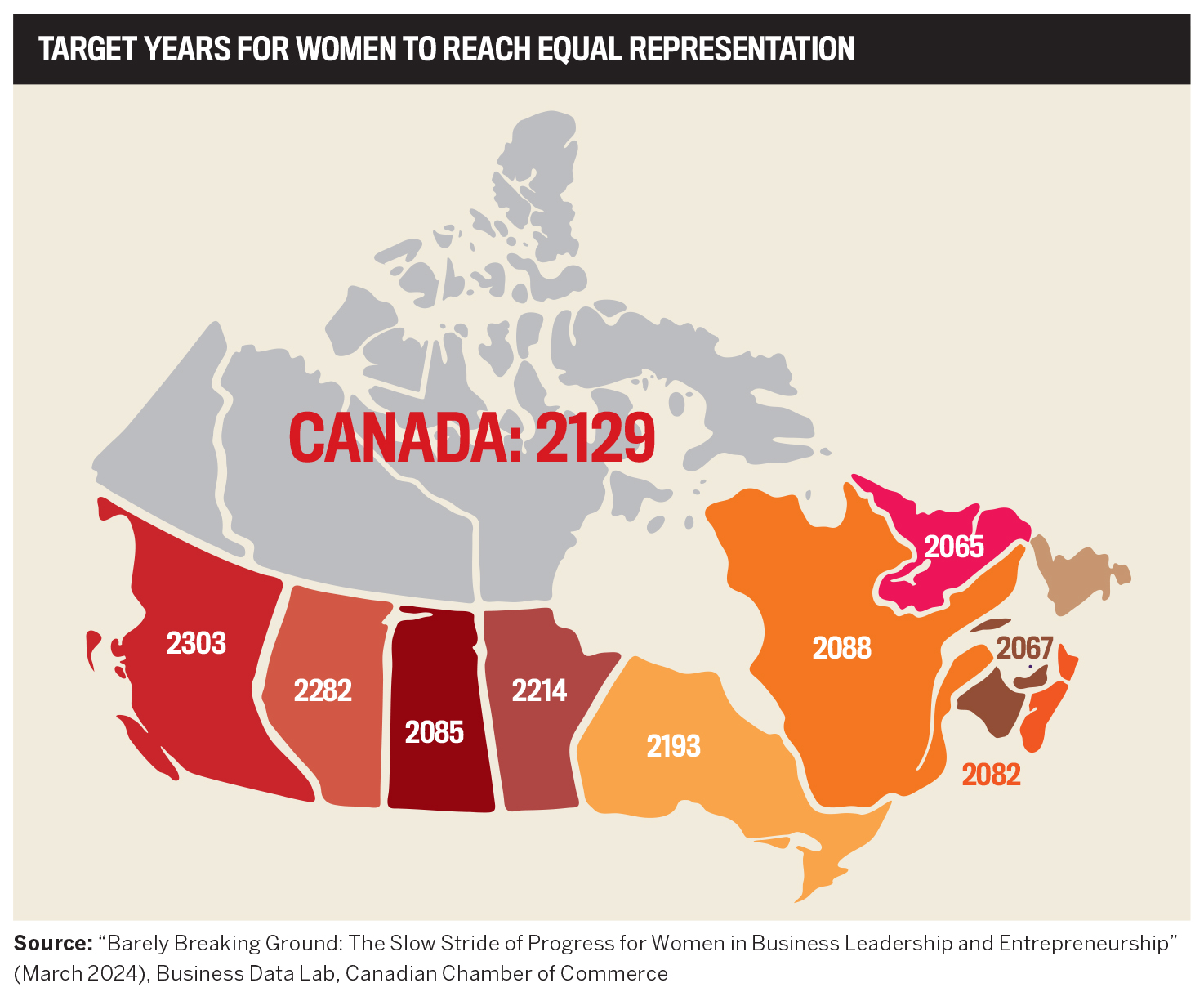
BPM’s 2025 survey insights
Women from across the sector shared their views on what qualities they feel define an Elite Woman. Some of the feedback included:
- “genuine with vulnerability and empathy”
- “intuitive to trust their instincts and self-aware, so they see others from a broader spectrum”
- “visionary thinker who sees the bigger picture and helps others see the vision”
- “balancing ambition with the desire to uplift those around them”
- “believes strongly and passionately in her core values, that she is willing to lead and inspire others to reflect on themselves and their values”
In addition, BPM’s respondents also revealed the type of struggles they have faced as women in their professional journeys:
- “We still have to choose between a successful career and family at times. You have to recognize within yourself when that time is right as it takes planning, energy, drive, motivation, and most of all, influencing those around you to take notice of all you bring to the industry.”
- “When I took a year off for maternity leave, I faced resistance and comments that suggested my time away would diminish my value. Instead of letting that discourage me, it became my motivation. It fueled my determination to not only prove them wrong but to show that being a mother adds to my resilience and capability.”
- “Women operate differently in this space, not better or worse, just differently. Women interpret, present, communicate, and network uniquely and with this comes a bias that exists in this industry.”
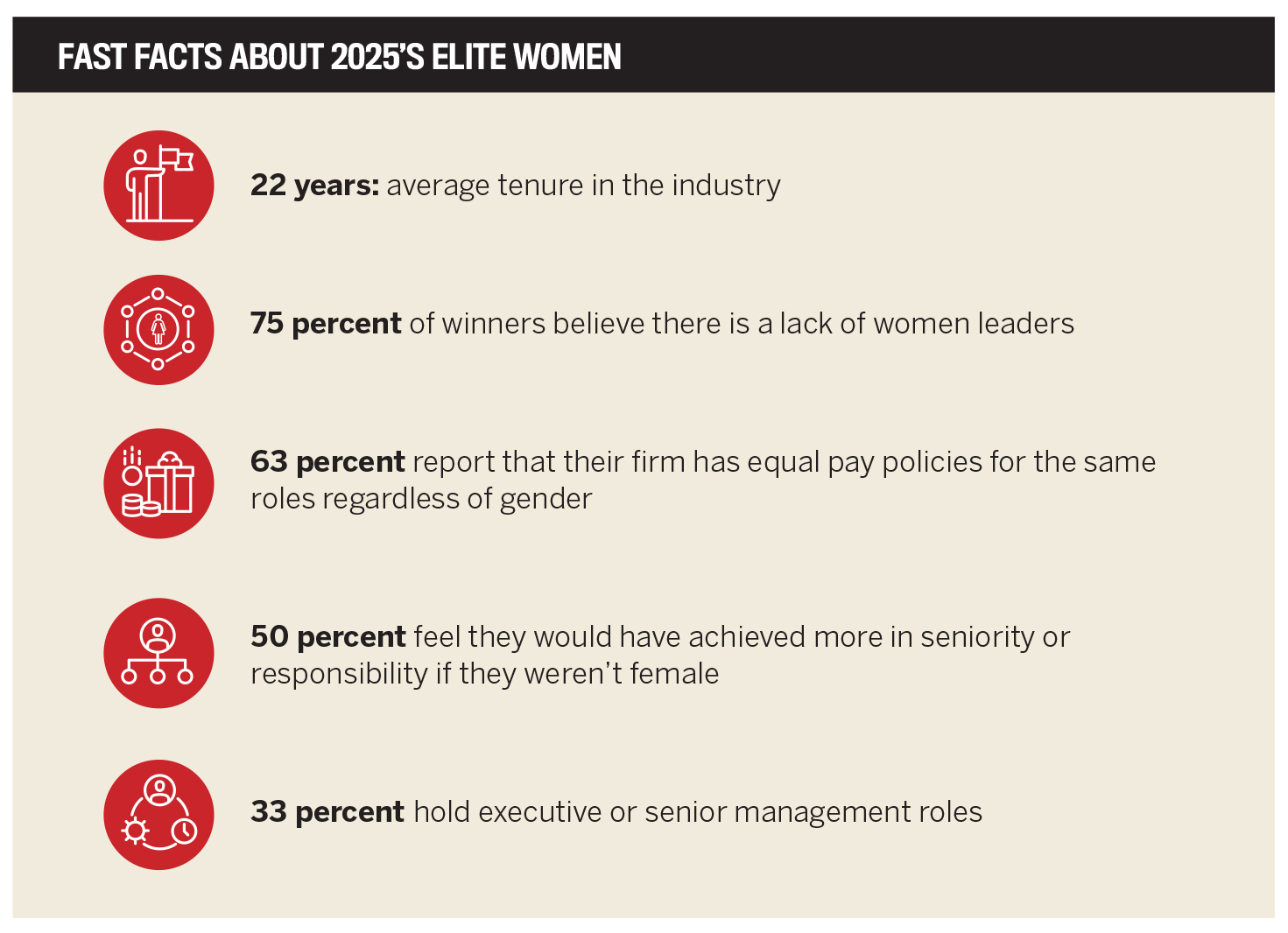
Pioneering a new era in benefits, pensions, and institutional investments
With over 20 years in financial services, the Saskatoon, SK-based director of member experience has stood out for helping people manage their financial futures.
From developing a new, modern portal to better engage CSS Pension Plan’s 55,000 pension plan members and pushing for more inclusive pension policies, to leading financial literacy initiatives across Canada, Dove has made retirement planning more transparent, fairer, and accessible.
“One of the most rewarding parts of my journey so far has been the opportunity with people – and I do mean meaningful connections to connect with their heart, their story, and the impact on their financial wellness,” she says.
“I believe that our work is setting a benchmark. The work we’re doing here at CSS, as well as in other groups I’m involved with, is establishing a new standard, one that prioritizes the member’s experience, focuses on the individual, and emphasizes the human side of their financial journey.”
Dove’s achievements and industry contributions include:
- serving as director on the National Board for the Canadian Pension and Benefits Institute, where she chairs the member and volunteer experience committee and serves on the education programming committee
- leading the CSS Pension Plan’s member experience strategic initiatives, and collaborating with pension and financial partners nationwide to bring financial wellness to the Canadian public and financial industry
- recently became a Doctorate in Business Administration candidate, with her dissertation project focusing on how customer and employee experience theories can influence pension plan member outcomes and financial security in retirement
A significant part of her efforts has been advocating for diversity, equity, and inclusion (DEI) in pensions. She has passionately advanced more inclusive pension plan design and has spoken at industry events about making retirement plans work for everyone. Her inspiration to champion the issues stems from a deep belief that diverse perspectives will lead to better decision-making and more inclusive financial solutions.
“If we open up our minds to see the broader world of DEI, then we’re going to reach some members and help them in a different way, ensuring our services meet the needs of all members, regardless of their background,” Dove says.
When she turned her mind to DEI, one avenue focused on plan design, which is a unique approach in Canada. A complementary aspect involves leveraging DEI principles to engage and educate members from a plan design perspective to make pension plans more equitable for people at different life stages.
“To me, diversity and inclusivity are critical drivers to the future of pension plans and financial wellness across the country because you’re trying to build this resilient financial system and resilient people, and also you want the language and the messaging to fair and received by the person you’re communicating with.”
One of the most important lessons Dove has learned is the value of resiliency and self-advocacy. Building a strong network of mentors on all sides of the gender equation and allies across the industry is equally important, as they will provide support and honest communication.
“It’s essential that women entering this industry or any other industry, where they feel there might be an unintentional bias, believe in their capabilities and speak up for themselves and their ideas in a confident way,” she says. “We also have to speak differently, but investing time in developing one’s executive presence is also helpful. You don’t have to wait until you’re seen as a leader to invest in your presence.”

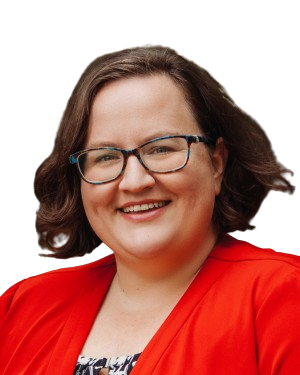
Tami DoveCo-operative Superannuation Society / CSS Pension Plan
Challenges and opportunities
Leveraging technology is one of the most significant opportunity stories at CSS. The organization has invested in skill sets around AI and other emerging tech to enhance its ability to educate, engage, and provide financial literacy components to members so they can best understand and respond.
“For example, we are looking at the use of AI to provide personalized financial advice and retirement income planning solutions to improve those member outcomes in a quantifiable way,” Dove says.
The challenges revolve around adapting as the financial system evolves through regulatory shifts. Within the pension world, AI, cyber risk, financial services, and marketing are also changing under regulators’ lens. Dove points out that these developments ensure pension plans are sustainable in what might continue to be a volatile economic environment.
“To address some of these, we at CSS, and even across the industry, in pension groups and in those forums where people get together and speak, are looking at how to leverage innovative solutions, collaborate, and cooperate with our shared knowledge,” she says.
“Essentially, the goal at CSS is to remain at the forefront of the industry and to represent a standard to which other organizations working with pension plan members could look and say, ‘Oh, they got it. They understand the human side. They understand what they’re working on.’”
Few people, men or women, would have stepped into the role this Elite Woman did in mid-2022.
When Adams was asked to take over Kii Health (formerly CloudMD) during a financial and management crisis, the board chair had quit, the whole executive team had walked away, and the company was teetering on the brink.
“They told me, ‘It’s in crisis. You have to act quickly,’” she recalls.
Failure wasn’t an option for Adams, as 469 employees and over 5,000 clients depended on the organization’s survival. Among her key achievements are:
- Stabilizing Kii Health: Appointed as president and CEO in August 2022, she led the company through crisis, transitioning it from public to private and securing the employment of 469 people and thousands of therapists and healthcare providers. She also reduced costs by over $5 million and divested non-core businesses within 12 months.
- Driving healthcare innovation: Pioneered the concept of nurse navigators, improving employee health outcomes and driving 90 percent growth over three years. Developed and launched the industry-first mental health coach program, transforming mental health access through risk assessment and nurse-led treatment recommendations.
- Fostering employee engagement and inclusion: Maintained high employee engagement despite industry challenges, fostering trust, collaboration, and purpose-driven work. Introduced ‘diversity days’ to support inclusion.
- Mentorship and leadership in mental health advocacy: Coaches aspiring female leaders and has held industry leadership roles, including chairing the Ontario Shores Foundation for Mental Health.
Drawing on her 25 years of industry experience and belief in transparency and clarity, Adams immediately set out to rebuild the organization.
“For me, it was about core values, collaboration, and empowerment,” she says. “Financial considerations were, of course, important, but developing core values that we could align to, and championing empathy, focus, and integrity were what resonated most. People felt we were in it together.”
Kii Health helps empower individuals to manage their health journey through treatment plans and return to health, whether managing a disability, mental health challenge, or workplace injury. Unlike competitors that focus on adjudicating claims, the organization provides personalized direct treatment and recovery support.
Operating across North America, its team of occupational health doctors and nurses assesses, treats, and guides employees through recovery, ensuring their physical and mental health needs are met. By bridging gaps in mental health and disability services, it enables employees to take control of their health and recovery.
“It’s a rewarding business, and our people love what they do,” Adams says. “They go home knowing they’ve helped hundreds of people with healthcare issues.”
To turn the organization around, Adams made tough decisions, including restructuring and divesting non-core businesses, but she ensured that employees understood the cuts were business decisions, not personal ones.
Through frequent town halls and “transparent overcommunication,” she fostered trust and engagement, and despite the turbulence, employees remained engaged.
Notably, Adams reshaped how employees access healthcare benefits.
“We want to be that trusted health navigator for employee group benefit plans, helping employees use their benefits to solve health problems and, where appropriate, connecting them to the right resources.”
One of her proudest innovations is the mental health coaching program, a first in the industry. It gives employees access to nurses with mental health expertise before seeing a therapist. Insurance giant Sun Life Financial was the first to adopt the program, offering it to all employees and, subsequently, to plan sponsors.

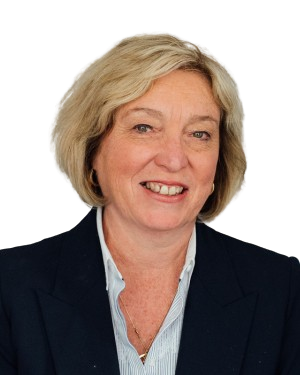
Karen AdamsKii Health (Santé) Canada Inc.
Breaking barriers
Despite breaking barriers as a woman leading a majority shareholder private equity firm, Adams remains focused on driving change. She was undaunted by some chatter that she wasn’t “CEO pedigree” and was determined to prove them wrong.
“The number one attribute is resiliency,” she says. “I used to speak about resiliency to companies 10 years ago, but I didn’t fully appreciate its importance as a CEO until a year or two ago. Resiliency is the attitude that we can make a difference and find a solution.”
Early on, Adams sought out coaches, advisors, and industry mentors. One was Jim Reid, the former CHRO of Rogers, because she recognized she was in a people business, and strategy focused on people was crucial.
Her other mentors included investor Arlene Dickinson, founder and general partner of District Ventures Capital, who helped support her during difficult times.
“There were moments where I had no playbook: 35,000 shareholders were berating me online for the previous management’s missteps, the investment community wasn’t loaning us money, interest rates were rising, and the bank was deciding whether to renew our loan,” she recalls.
“We were up against the wall. In those moments, given the number of issues we were dealing with, I questioned how I could manage it all. Having mentors who helped me breathe, step back, and regain balance was invaluable.”
With over 25 years of experience practicing pension, benefits, and executive compensation law, the Elite Woman co-founded Canada’s leading boutique law firm focused exclusively on pension, benefits, and executive compensation law in 2017.
As a senior partner, Klinck played a significant role in growing Brown Mills Klinck Prezioso LLP (BMKP Law) from four founding partners (along with Elizabeth Brown, Lisa Mills, and John Prezioso) and one associate, to its current composition of five partners and seven counsel and associates, making it the country’s largest private practice legal team in pension and benefits law.
“Our primary reason for starting the firm was a business opportunity,” Klinck says. “We saw successful boutiques in other jurisdictions and believed the model could work here, and it has turned out very well.”
She also sought to create a better private practice firm structure that balances flexible working arrangements with the highest standards of client service. As a boutique law firm, BMKP Law remains nimble, allowing it to accommodate team members’ career paths and professional needs.
A respected player in de-risking pension liabilities in Canada, Klinck worked on one of the first transactions in Canada involving transferring longevity and inflation risk from a pension plan to an insurer. She recently worked on one of the largest single pension annuity buy-out transactions in Canadian history.

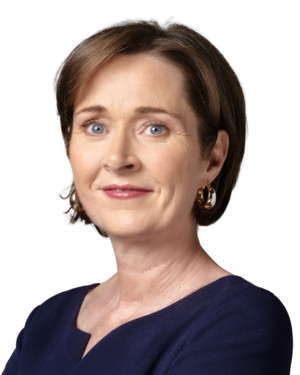
Terra KlinckBrown Mills Klinck Prezioso LLP
Strategies that set her apart
Klinck has been fortunate to have had great mentors who have strongly influenced her skills and problem-solving approach. As a strong mentor herself, she provides opportunities for BMKP Law’s junior associates to build their profiles to attend and speak at conferences.
For example, she has “passed the torch” to her colleagues for various speaking engagements and works with associates to have them take on leadership roles on client files. Another key approach that sets Klinck apart is thinking outside the box. In many major projects, she has gone directly to the government to seek regulatory changes to help achieve the best results for all parties.
“I pride myself on being practical and finding real, workable solutions that meet clients’ needs,” she says.
When tackling a big or complex project, Klinck focuses on understanding the client’s goals and takes pride in digging deep to understand what they’re trying to achieve and why.
“The better you understand clients’ goals and priorities, the greater the chance of finding a solution that truly works,” she remarks. “It’s also important to consider other stakeholders’ interests. Knowing the facts and balancing everyone’s goals helps lead to the best outcome.”
She has distinguished herself through:
- Leading major pension liability transfers: In 2023–2024, she worked with clients to transfer close to $2 billion in pension liabilities from single-employer pension plans to insurance companies or jointly sponsored pension plans.
- Recognized as a leading pension and benefits lawyer: Consistently recognized as an industry leader, earning placements in Chambers Canada, The Best Lawyers in Canada, and The Legal 500. A highly sought-after expert, she advises some of Canada’s largest private-sector employers in education, financial services, and energy on complex and novel pension matters.
- Shaping pension policy in Canada: Participated in numerous working groups with pension regulators and the government. She was a member of the Ontario pension regulator’s technical advisory committee on defined contribution pension plans and serves as chair of the pension and benefits section of the Canadian Bar Association for 2024–2025.
The pension and benefits space has continuously evolved, making for a dynamic and rewarding career. When Klinck began practicing, defined benefit (DB) surpluses were a focus, followed by years of helping employers navigate deficits.
She is now assisting clients navigate DB surplus issues again. Demographic shifts have also influenced the field, with younger employees prioritizing savings for homeownership over retirement.
“Pensions are woven into the fabric of society, and as the economy and workforce change, so does how we deliver pension plans,” she says. “That presents both challenges and opportunities for industry professionals. Defined benefit plan coverage under single employer plans continue to decline in Canada, but we’re seeing innovation to address that shift.”
One example she offers is the growth of the jointly sponsored pension plan model, which has expanded significantly, with large plans and jurisdictions working to increase coverage through these arrangements.
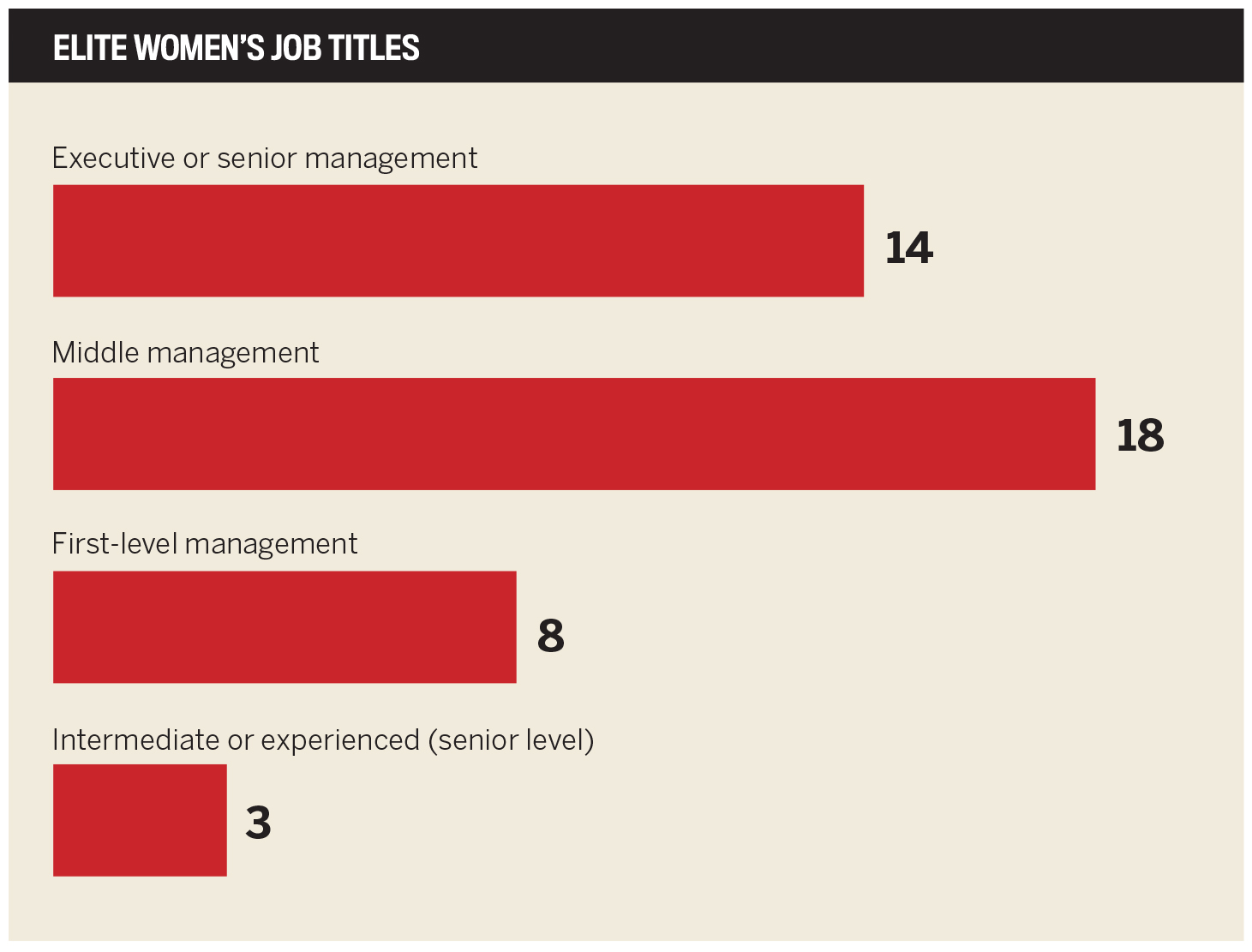
Women Leaders in the Benefits, Pensions, and
Institutional Investment Industries | Elite Women
- Alison McKay
Chief Executive Officer
Saskatchewan Healthcare Employees’ Pension Plan - Amanda Coones
Vice President, Investor and Plan Member Services
CIBC Mellon - Anne-Marie Nawar
Senior Director, Canadian Health and Benefits Insights and Solutions Leader
WTW - Carolyne Eagan
President of Benefits Alliance Group
Benefits Alliance Group - Christine Chen
General Counsel
University Pension Plan - Cindy Rynne
Partner, Senior Consultant
PBI Actuarial Consultants - Erika Toth, CFA
Director, ETF Distribution, Institutional and Advisory, Eastern Canada
BMO Global Asset Management - Heather Tobin
Senior Managing Director and Global Head of Capital Markets and Factor Investing
CPP Investments - Ivana Zanardo
Head of Plan Services
Healthcare of Ontario Pension Plan - Janet Young
Director, Well-being and Health Services, People and Culture
TELUS Communications Inc. - Janice Holman
Principal
Eckler - Jill Fratpietro
Partner, Group Consultant
OneLife Benefits & Consulting - Jill Wagman
Board Member
Newcomer Women’s Services Toronto - Julie Gaudry
Head of the Group Life and Health Business
RBC Life Insurance - Kaksha (Kay) Patel
Vice President, Relationship Management
Northern Trust Corporation - Katherine Tweedie
Country Head, Canada
Ninety One - Kaycie Sjodin-Owen
Director of Client Services
Owen & Associates - Kim Page
Director, Private Pension Plans Supervision
Office of the Superintendent of Financial Institutions - Laura Barr
Senior Manager of Global Benefits
Irving Oil - Marie-Chantal Côté
Senior Vice President, Group Benefits
Sun Life - Mary Medeiros
Chief Operating Officer
Harvest ETF - Nancy Feniuk
Senior Governance Analyst
Plannera Pensions & Benefits - Rana Ghorayeb
Executive Vice President and Head of Real Estate
CDPQ - Renee Bilodeau
Director of Corporate and Plan Communications
BC Pension Corporation - Sahar Rahman
Director, Strategy
Greenshield - Sandra Johnson
Manager, Pensions
WSIB - Sarah Beech
Canada CEO
Gallagher - Sarah Bull, CIM®, FCSI
Partner and Portfolio Manager
KJ Harrison Investors - Suchorita Sen
Managing Director, Corporate Finance
University Pension Plan Ontario - Susan Bird
President
McAteer Group of Companies - Susan Nickerson
Head of Pensions, Benefits and Executive Compensation Group and Partner
McCarthy Tetrault - Suzanne Paiement
Partner, Health
Normandin Beaudry - Tamara Demos
Managing Director, Private Pension Plans Division
Office of the Superintendent of Financial Institutions - Vandana Paliwal
Vice President, Human Resources and Organizational Effectiveness
FCT
Methodology
In November 2024, Benefits and Pensions Monitor invited professionals from across the country to nominate their most exceptional female leaders for the second annual Elite Women list. Nominees had to be working in a role that related to, interacted with, or in some way impacted the financial services industry, and to have demonstrated a clear passion for the benefits, pensions, and institutional investments industry.
Nominators were asked to provide details of their nominee’s achievements and initiatives over the past 12 months, including specific examples of their professional accomplishments and contributions to the industry as a whole.
The BPM team reviewed all nominations, examining how each individual had made a meaningful contribution to the industry, to narrow down the list to 43 Elite Women.
